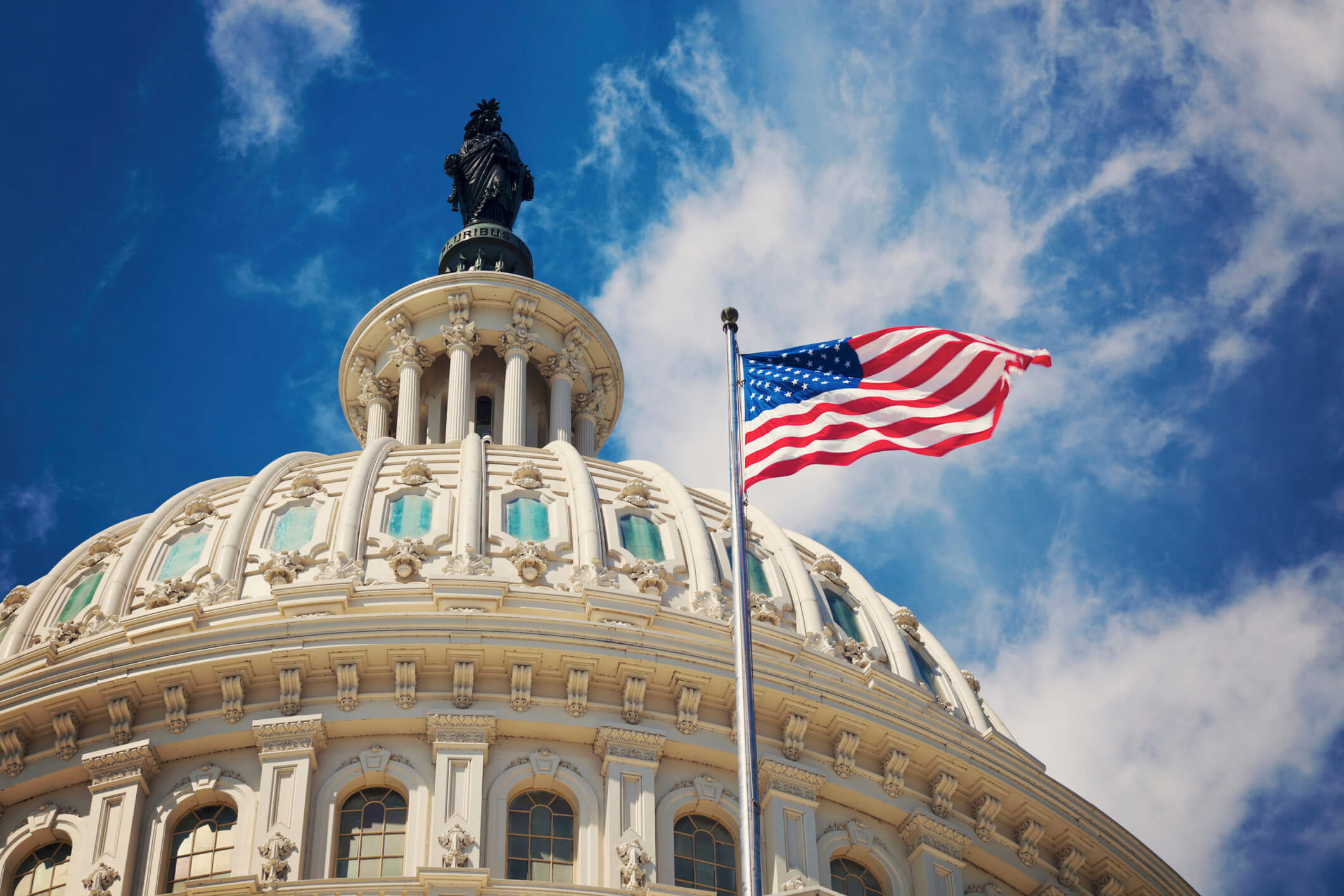Quick Hits
- The U.S. Senate confirmed Brittany Bull Panuccio as EEOC commissioner, giving Republicans a majority and the ability to realign the agency’s enforcement and policy priorities.
- The new Commission is expected to shift focus by scrutinizing diversity, equity, and inclusion (DEI) initiatives, religious liberty, and discrimination, narrowing disparate impact enforcement, revisiting LGBTQ+ guidance, and scaling back algorithmic bias initiatives.
- Employers may want to prepare for increased attention to claims of majority and religious discrimination, review DEI and accommodation policies, and monitor for changes in federal guidance and enforcement.
The confirmation of Panuccio to the EEOC for a term ending in 2029 establishes a Republican majority that is expected to steer the Commission’s direction for the next several years. Commissioner Panuccio’s background includes service as an assistant U.S. attorney in the U.S. Department of Justice’s Appellate Division, clerkships on the U.S. Courts of Appeals for the Fifth and D.C. Circuits, prior work at the U.S. Department of Education involving Title IX of the Education Amendments of 1972 guidance, and an undergraduate and law degree from Northwestern University.
With this confirmation, the Commission’s current composition includes Acting Chair Andrea Lucas, whose second term was confirmed in August and runs to 2030, and Commissioner Kalpana Kotagal, now the sole remaining Democrat following the January 2025 dismissal of former chair Charlotte Burrows and former vice chair Jocelyn Samuels. Former vice chair Samuels has challenged her removal in the U.S. District Court for the District of Columbia, and one Commission seat remains vacant. The January 2025 removals temporarily left the agency without a quorum, constraining rulemaking and certain litigation until confirmations restored functionality.
The Commission is poised to prioritize investigations of diversity, equity, and inclusion (DEI) practices alleged to result in unlawful race- or sex-based decision-making, with an emphasis on individual merit and equal opportunity principles. Disparate impact enforcement will likely be curtailed or narrowed, with a corresponding pivot toward intentional discrimination theories and job-related justifications. Prior EEOC guidance addressing LGBTQ+ protections is likely to be revisited, with anticipated emphasis on biological sex distinctions, single-sex facilities, and changes to intake formal markers and honorifics despite holdings from the Supreme Court of the United States inBostock v. Clayton County, Georgia and Muldrow v. City of St. Louis.
The agency may devote greater attention to perceived majority discrimination, including national origin matters framed as favoring foreign nationals, and recalibrate the Pregnant Workers Fairness Act (PWFA) rule, including interpretations related to abortion-related leave. Earlier algorithmic bias initiatives may be scaled back, with less reliance on disparate impact theories in artificial intelligence (AI) matters and greater scrutiny on intentional discrimination and validation of tools. We expect to see enforcement relating to anti-Christian bias and religious liberty in the workplace. Time will tell if the EEOC will revise the current strategic enforcement plan. Of course, amid the current federal government shutdown, only four staff members will remain to support the work of the Commissioners. This could impact the speed at which the new Republican majority is able to implement its regulatory and enforcement agenda.
Next Steps
As the newly configured Commission advances the president’s America First agenda, employers may wish to reevaluate DEI programming to ensure initiatives are grounded in individualized, job-related criteria; review policies that address gender identity, facilities access, and pronouns that comport with current federal, state and local law; reassess selection procedures, testing, and AI tools for validation and defensibility; and audit accommodation and leave policies for alignment with potential PWFA revisions. Employers may also want to prepare for increased attention to claims alleging religious discrimination, majority discrimination or national origin discrimination, and ensure that documentation and training support nondiscriminatory decision-making.
Ogletree Deakins’ Diversity, Equity, and Inclusion Compliance, Government Contracting and Reporting, Leaves of Absence/Reasonable Accommodation, Technology, and Workforce Analytics and Compliance Practice Groups will continue to track developments at the EEOC and provide updates as the Commission’s policy direction becomes clearer on the Diversity, Equity, and Inclusion Compliance, Employment Law, Government Contracting and Reporting, Governmental Affairs, Leaves of Absence, Technology, and Workforce Analytics and Compliance blogs.
This article and more information on how the Trump administration’s actions impact employers can be found on Ogletree Deakins’ Administration Resource Hub.
Follow and Subscribe
LinkedIn | Instagram | Webinars | Podcasts













